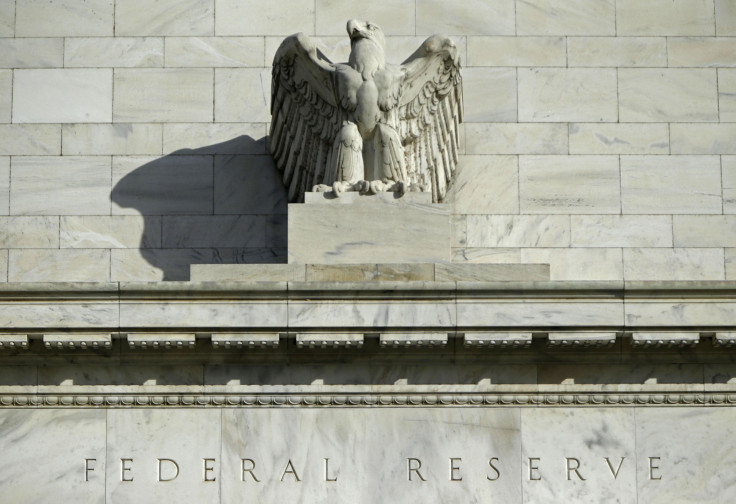US 10-Year Bond Yield Rebounds Ahead Of Fed Minutes, But Global Uncertainties Persist

The U.S. benchmark 10-year U.S. Treasury note rebounded slightly Wednesday from its lowest yield since October as investors sought safety amid concerns that plummeting oil prices signal a global economic slowdown. Government bond yields drop, and prices rise, when investors seek shelter from uncertainties -- and there are many right now.
U.S. government debt yield rose to 1.99 percent in late Wednesday New York trading but still remained well below a 52-week high of 3.01 percent as investors fret over a possible Greek exit from the eurozone and news Wednesday that inflation in the eurozone dipped into negative territory for the first time since the peak of the region’s financial crisis in 2009.
The recent drop in Treasury 10-year note yields comes before the Federal Reserve publishes minutes from its December meeting that will provide more clues about when the U.S. central bank will start increasing its key interest rate for the first time in eight years. The key rate could begin rising as early as this summer, increasing borrowing costs across the economy, from business loans to auto financing.
“The bond rally this year suggested investors think global economic uncertainty and falling oil prices may delay that decision,” Richard Kelly, a senior strategist at Toronto-Dominion Bank in London, said according to Exchange Rate News.
Meanwhile, Brent crude, the global benchmark oil price, dipped below $50 for the first time in five years, following U.S. crude’s price drop to $47.17 on Wednesday morning. Brent rebounded to $51.52 on rumors ailing Saudi King Abdullah has died, leading to speculation the key oil producer could return to its historic role of swing producer of the global oil-producing cartel.
Fake Twitter account claiming to be #Saudi FM Al Faisal - that I tried to expose - did more damage than I thought ! http://t.co/43D8Hn422v
— Fahad Nazer (@fanazer) January 7, 2015
Oil prices have dropped precipitously since September, leading to concerns over deflation, a crippling phenomenon where prices drop so much that consumers hold back on spending, which can lead to an economic slowdown that eventually cost jobs.
Economists polled by Bloomberg expect 10-year yields to rise this year to more than 3 percent by year-end. Members of the Federal Open Market Committee -- whose minutes from their December meeting will be released later Wednesday -- expect their key U.S. interest rate to rise to 1.125 percent by the end of 2015, down from a previous median estimate forecast of 1.375 percent. The rate has been between zero and 0.25 percent since 2008 in order to keep borrowing costs down to stave off deflation.
© Copyright IBTimes 2024. All rights reserved.




















